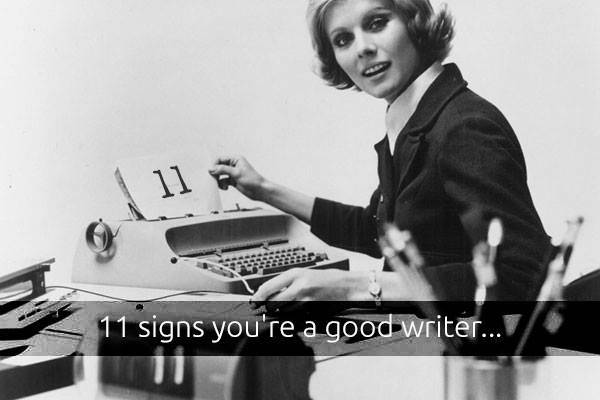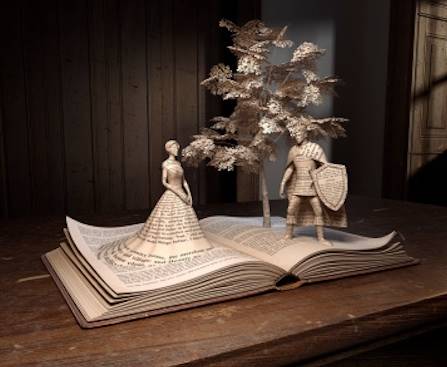Please edit me!

Your English teacher told you not to start sentences with ‘And’ or ‘But’ – but you know it can make your writing more punchy. You were encouraged to use descriptive language but use simple, sparse prose to create tension and drama. And you know that starting at the end (or in the middle or the second to last paragraph) can be far more engaging…and that using big words can make you look stupid.

You can knock out 200 or 2000 words, to order, on just about any topic. And you always hit your deadline. Granted, some days it’s easier than others, but you’ve developed your own rescue strategies for when you’re feeling stuck. My favourites include: ‘racing’ the battery on my laptop (giving me just under two hours to get anything done), setting a timer for each paragraph, and ‘free writing’ (which involves writing without stopping for a given length of time – with surprisingly good results).
- The War of Art by Steven Pressfield
- Turning Pro by Steven Pressfield
- The Artist’s Way by Julia Cameron
5. You ‘snap’ spelling/grammar mistakes on your phone…and enjoy sharing them on social media…
Like this one…
.jpg)
Thanks to Dan Ashley for this.
That means no waffle.
You know there’s no need to ‘set the scene’ (yawn) or explain what you’ll be covering in your article. That’s for academic essays (and I’m not even sure you need one in those either – but I’ll leave that debate for now). You usually take your reader straight to the action or start with a story. It’s far more compelling.
Writing, that is.
You know that people love stories. So you show readers what happened – or what people are like – through the things they do and say. As in this interview by the Guardian’s Simon Hattenstone (my favourite profile writer).

But sometimes you need to break the rules. Which is why I loved this Writer’s Digest article: Why Show Don’t Tell is the Greatest Lie of Writing Workshops.
Most writers I know LOVE reading about other writer’s routines. And we all have our own quirky habits, I find.
- I prefer to write in the morning (between the hours of 9am and 12pm to be precise) writing at any other time makes me grumpy
- I make a hot drink before I start writing (tea in the morning, coffee if I have to write during my ‘grumpy’ time)
- I have a rigid routine for writing my Guardian articles. This involves: taking notes on all of my notes, turning this into a list of key points, writing a paragraph by paragraph plan, writing another par by par plan (including quotes and pretty much every point I am going to make) and revising this plan numerous times. It takes hours, but means I can usually turn out a first draft pretty painlessly
- I often take a bath and write my articles in my head before I start (you probably didn’t want to know that)
- I can only write in silence – although music is otherwise compulsory at all times
- I only use Europa reporter's notebooks for interview notes
- I use an A4 spiralbound notebook for general notes and planning
- I only use black Pilot Vball pens (my handwriting is awful) – but can work with pen, purple or blue, if I have to
- I LOVE notebooks and spend hours trawling stationery shops for them. Moleskine and Kate Spade are my current favourites. I even have a Pinterest board of lovely notebooks
- I realize this list makes me sound like a right pain in the backside…
- Rise and shine: the daily routine of history’s great minds (great minds rather than great writers, but still a good read)
- The Daily Routines of 12 Famous Writers And How They can Help You Succeed
- 24 signs you’re a writer (Buzzfeed fun)
See above.


































